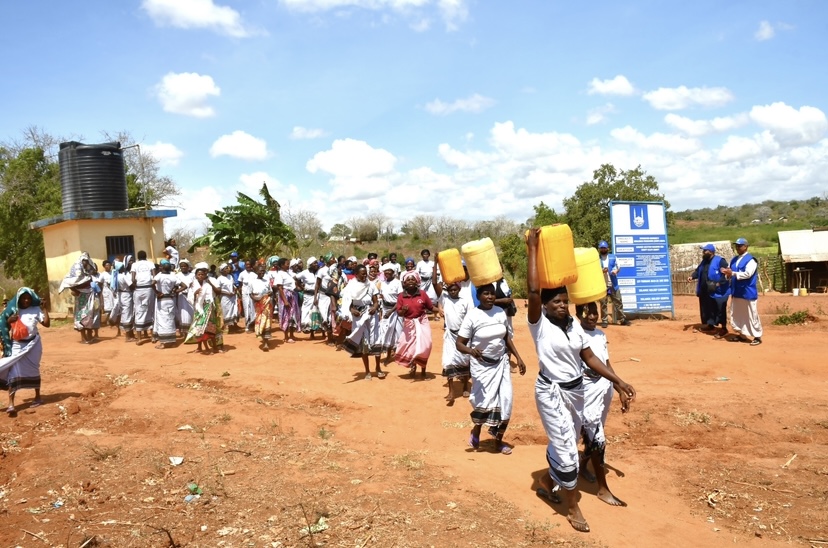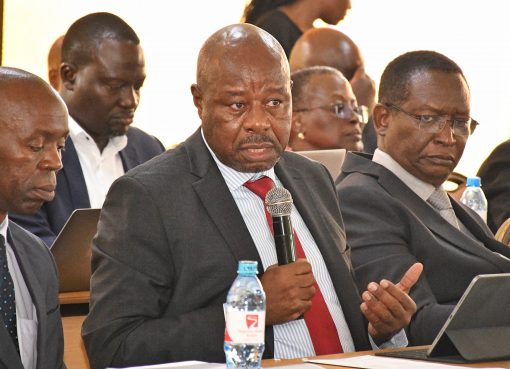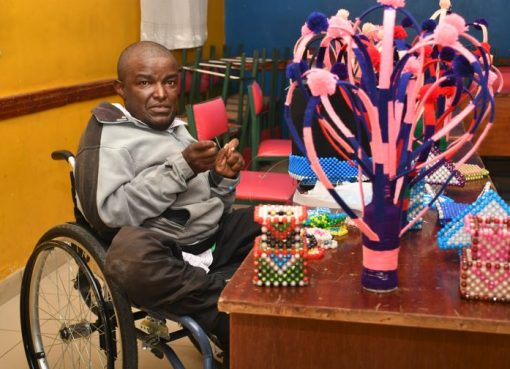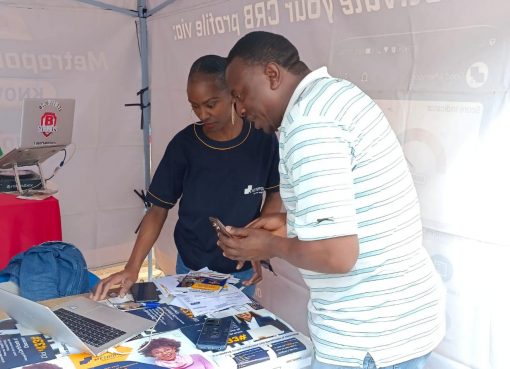At the heart of Garashi Village, Kilifi County, water projects supported by the Islamic Relief Organization have breathed new life to women who once bore the brunt of climate change.
For many years, women walked long distances under the scorching sun to fetch scarce, contaminated water from shared water pans, coexisting with domestic and wild animals.
This daily exhausting routine left them vulnerable to many health and social challenges.
However, a turning point came when the Islamic Relief Organization initiated water projects that have since transformed the lives of more than 10,000 women.
These projects, including the construction of boreholes, installation of water tanks, and solar-powered pumps, provided the community with easy access to clean water, opening new avenues of development and making women central pillars of their families’ success.
Janet Chanzera, who is a beneficiary and a leader of women self-help groups in Garashi location, recounted the struggles women and girls faced before these projects were implemented.
She explained that women and girls were a disadvantaged group in the village. The lack of water exposed them to numerous problems including school dropout among girls, with which many fell prey to early pregnancies as men exploited their vulnerability.
“Our children, especially the girls, could not attend school because there was no water at home so they had to go and search for water,” Chanzera explained.
“On their way to fetch water, men would pretend to help them but would take advantage of them, leading to early pregnancies. Now, thanks to these projects, the girls are in school, and child pregnancies have drastically reduced.” She added.
The provision of clean water has also improved hygiene and eradicated waterborne diseases, significantly raising health standards in the village.
“Our children often suffered from diseases like cholera,” Chanzera said. “If you went to the Garashi dispensary, you’d see children vomiting from drinking dirty water. But now, with access to clean water, those diseases have greatly reduced.”
Beyond addressing domestic water needs, the Islamic Relief Organization also drilled a borehole for irrigation, enabling women to engage in food production in an area that has long struggled with insufficient rainfall.
This newfound access to water has created economic opportunities, from small-scale farming to the establishment of small businesses.
Kitchen gardening, in particular, has flourished, allowing families to grow vegetables for both consumption and sale, thereby improving nutrition and generating income.
The organization also empowered the women through training sessions on smart farming techniques, helping them maximize the benefits of available water.
These initiatives fostered unity among the women, leading to the formation of over 20 self-help groups.
“We didn’t even know each other before, but these projects brought us together,” Chanzera explained. “Now we have kitchen gardens, and within our groups, we lend each other money. We can even buy sanitary towels for our girls, ensuring they stay in school without challenges.”
Islamic Relief Kenya Programme Manager Abdul Rashid Yusuf revealed that the organization has also extended the water supply to three schools in the village, ensuring that hundreds of children, especially schoolgirls, have access to this essential resource.
Yusuf added that access to water for both consumption and farming has enhanced the quality of education in the area. Children are no longer distracted by hunger or the need to search for water, allowing them to focus on their studies.
In addition to the water projects, Islamic Relief Kenya Country Director Hassan Abdille highlighted other initiatives the organization has implemented in the region, including training and mentorship programs, supporting women’s savings groups, and providing grants to boost economic development.
Abdille also noted the rapid population growth in the area, explaining that plans are underway to expand the water projects to meet the needs of the increasing population.
He further mentioned that upcoming initiatives will focus on mentoring young girls, both in and out of school, a program that the women’s groups have already been supporting to empower their daughters.
Water projects have had a profound impact on the social and economic landscape of Garashi Village. As the community continues to thrive, the women in the area are hopeful that more development initiatives will further uplift their lives.
By Jackson Msanzu





